Despite moments of beauty, the ‘Hot Milk’ film adaption drifts aimlessly
‘Hot Milk’, adapted from Deborah Levy’s 2016 Booker-shortlisted novel, marks Rebecca Lenkiewicz’s directorial debut
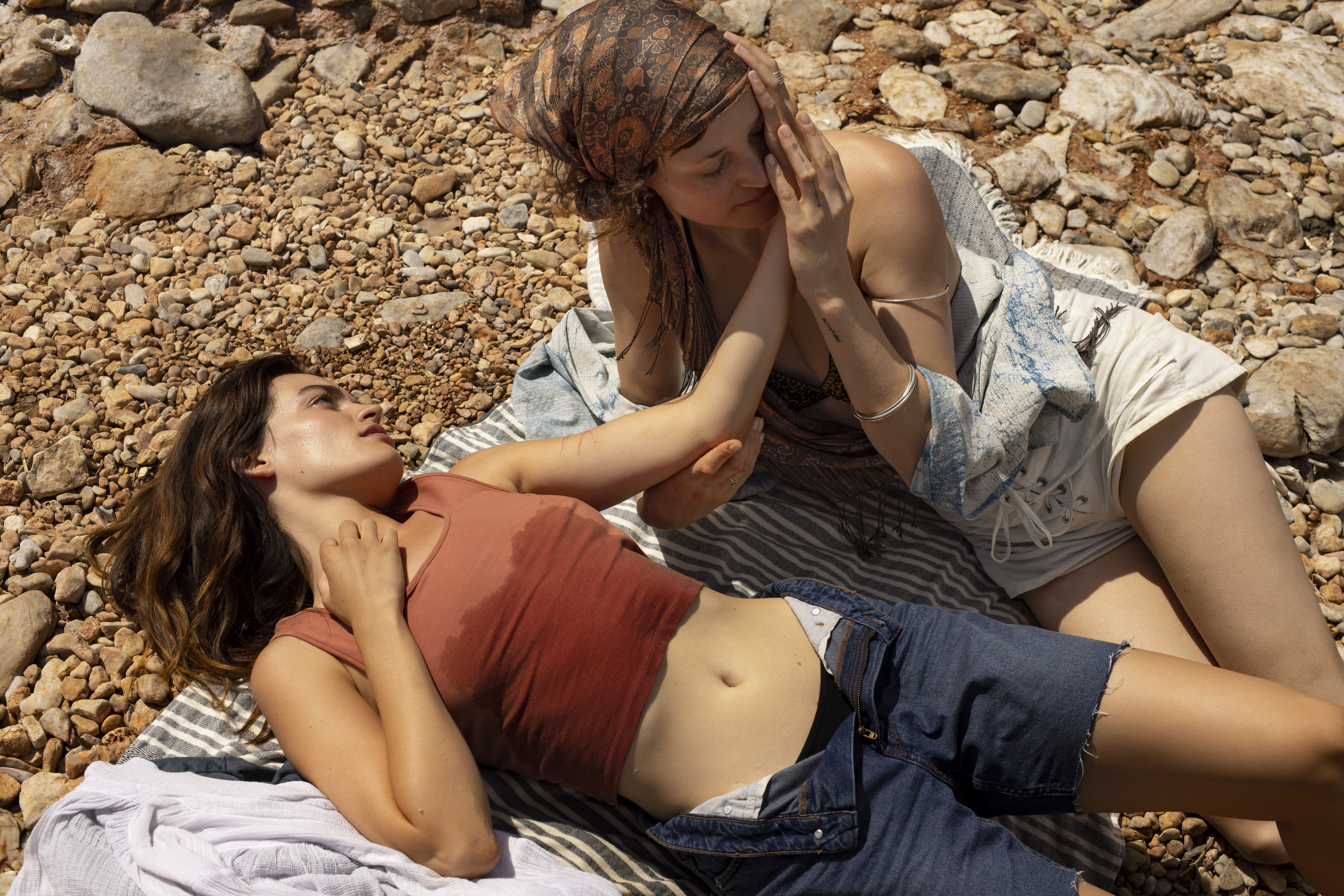
Receive our daily digest of inspiration, escapism and design stories from around the world direct to your inbox.
You are now subscribed
Your newsletter sign-up was successful
Want to add more newsletters?

Daily (Mon-Sun)
Daily Digest
Sign up for global news and reviews, a Wallpaper* take on architecture, design, art & culture, fashion & beauty, travel, tech, watches & jewellery and more.

Monthly, coming soon
The Rundown
A design-minded take on the world of style from Wallpaper* fashion features editor Jack Moss, from global runway shows to insider news and emerging trends.

Monthly, coming soon
The Design File
A closer look at the people and places shaping design, from inspiring interiors to exceptional products, in an expert edit by Wallpaper* global design director Hugo Macdonald.
In a curiously telling move, Hot Milk, adapted from Deborah Levy’s 2016 Booker-shortlisted novel, opens not with the novel’s quote from Hélène Cixous – ‘It’s up to you to break the old circuits’ – but with an epigraph from artist Louise Bourgeois: ‘I have been to hell and back. And let me tell you, it was wonderful.’ Where the film could have been a searing portrait of a young woman trying to break a cycle of matrilineal trauma, Rebecca Lenkiewicz’s directorial debut takes such liberties with its source material that any sense of this gets lost. Like the medusa jellyfish populating the Spanish coastline, Hot Milk drifts aimlessly.
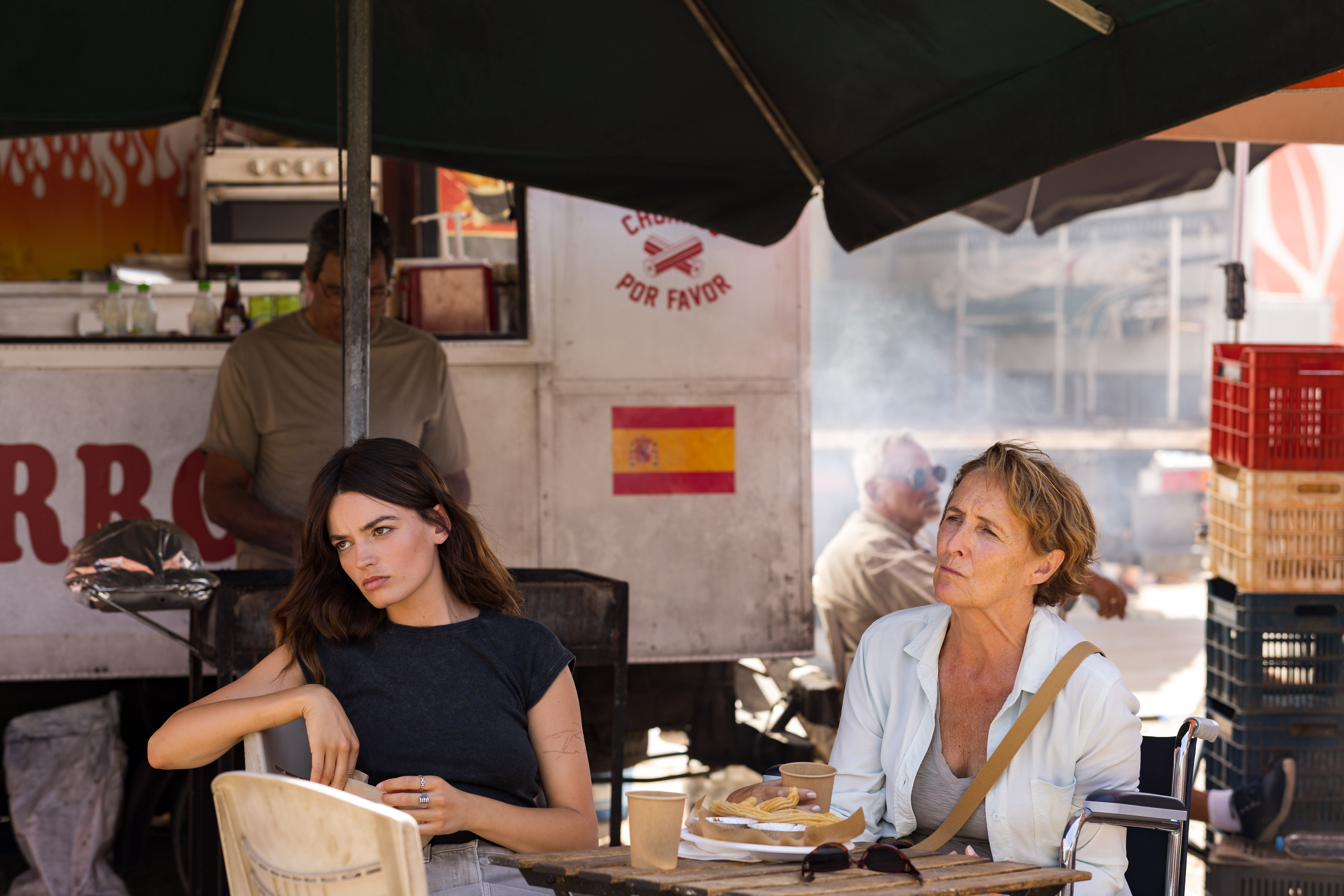
Sofia Papastergiadis (Emma Mackey) is a wounded twenty-something anthropology student accompanying her paralysed mother Rose (Fiona Shaw) to a mysterious clinic in Almería. Dr Gómez (Vincent Perez), who runs it, offers no diagnoses – only cryptic pronouncements and strange treatments. Sofia drifts into a romance with Ingrid (Vicky Krieps), a German seamstress with a dark secret, and briefly flirts with lifeguard Juan, whose cameo is so short he wasn’t billed in the Berlinale or BFI Flare programmes. Where Levy’s novel lingers on erotic tension – ‘I was flesh thirst desire dust blood lips cracking feet blistered knees skinned hips bruised,’ Sofia tells us – the film moves too fast to register the same intensity. Ingrid’s other lovers are mentioned, but Sofia’s reasons for tolerating them are left vague. So too is the motivation behind her emotional shifts, and gone is the novel’s voiceover and elliptical narration.
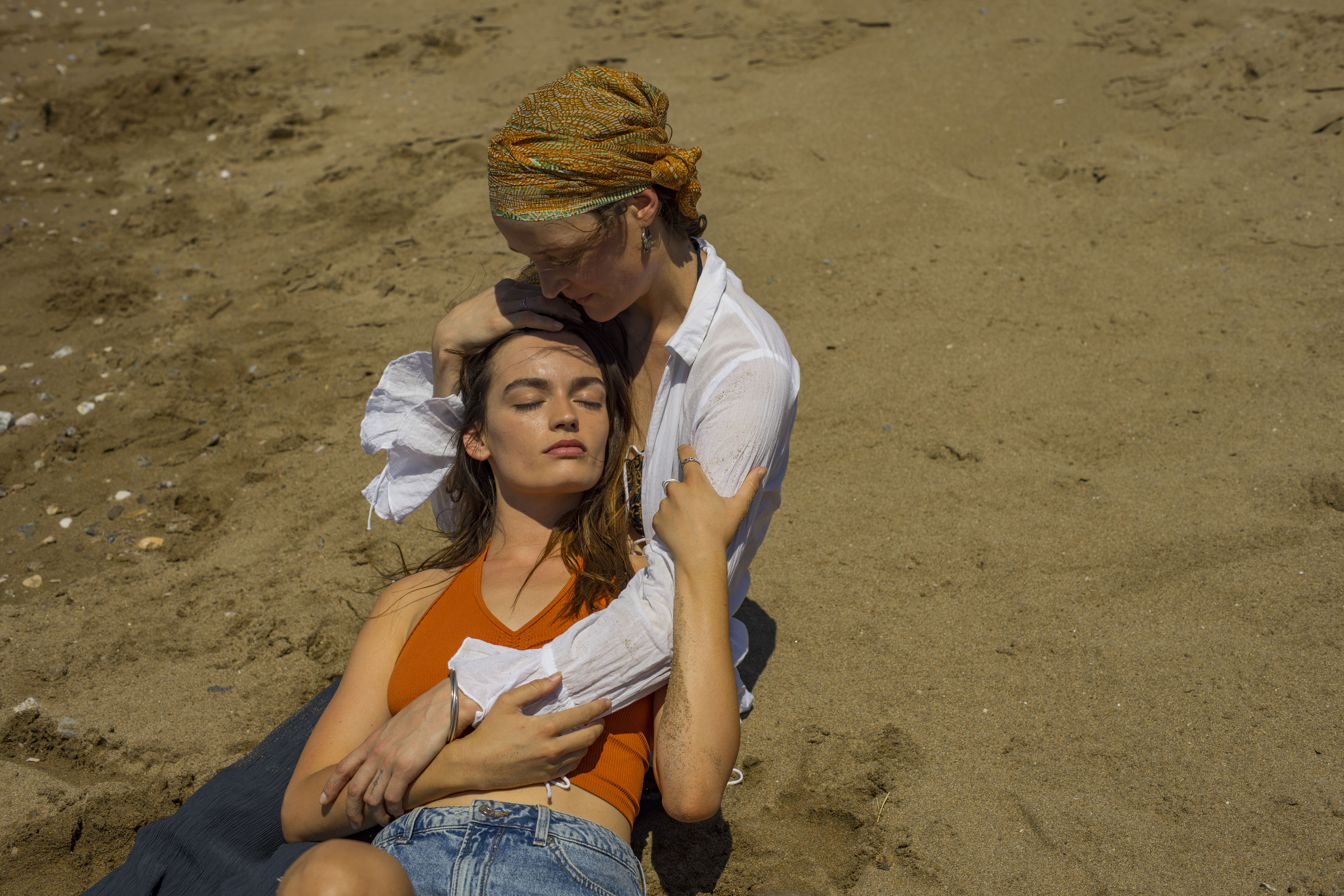
But it takes a sharper script to convey the plot's Freudian drama without them. While Sofia’s love for her ‘mother is like an axe. It cuts very deep’, we see little of this in the film. Shaw is tragically wasted as Rose, reduced to a wailing caricature at times. No wonder Sofia loses her temper – it’s just a shame these scenes are so abrupt that they read more comic than dramatic.
Still, there are moments of beauty. When the pace slows, the film captures something of Levy’s dreamlike prose. Lenkiewicz’s visuals – sun-bleached and strange – are underscored by an eerie soundtrack. As the summer heat intensifies, so does the tension between mother and daughter.
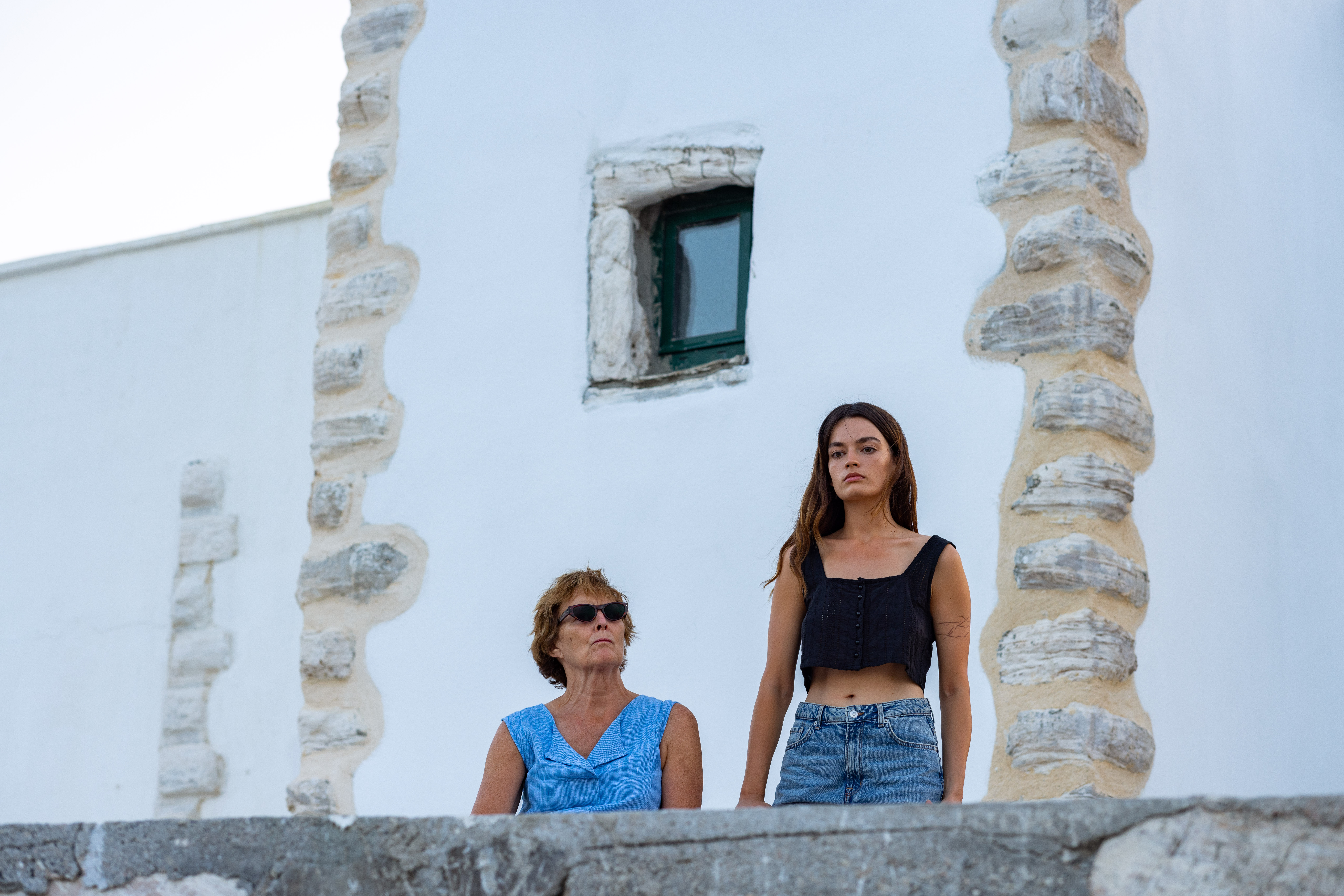
Though Lenkiewicz relies heavily on subtext over story, she comes close to redeeming herself near the end. The final scene gestures toward an explanation for Rose’s trauma-induced hypochondria – her own mother’s time in a Magdalene Laundry – before ending on a cliffhanger the novel moves beyond. If only Lenkiewicz had given this moment the gravity it deserves. As it stands, Hot Milk remains an enigmatic, occasionally beautiful film – but one that ultimately struggles to break the old circuits of trauma it seeks to examine.
Hot Milk is released on 4 July 2025, mubi.com
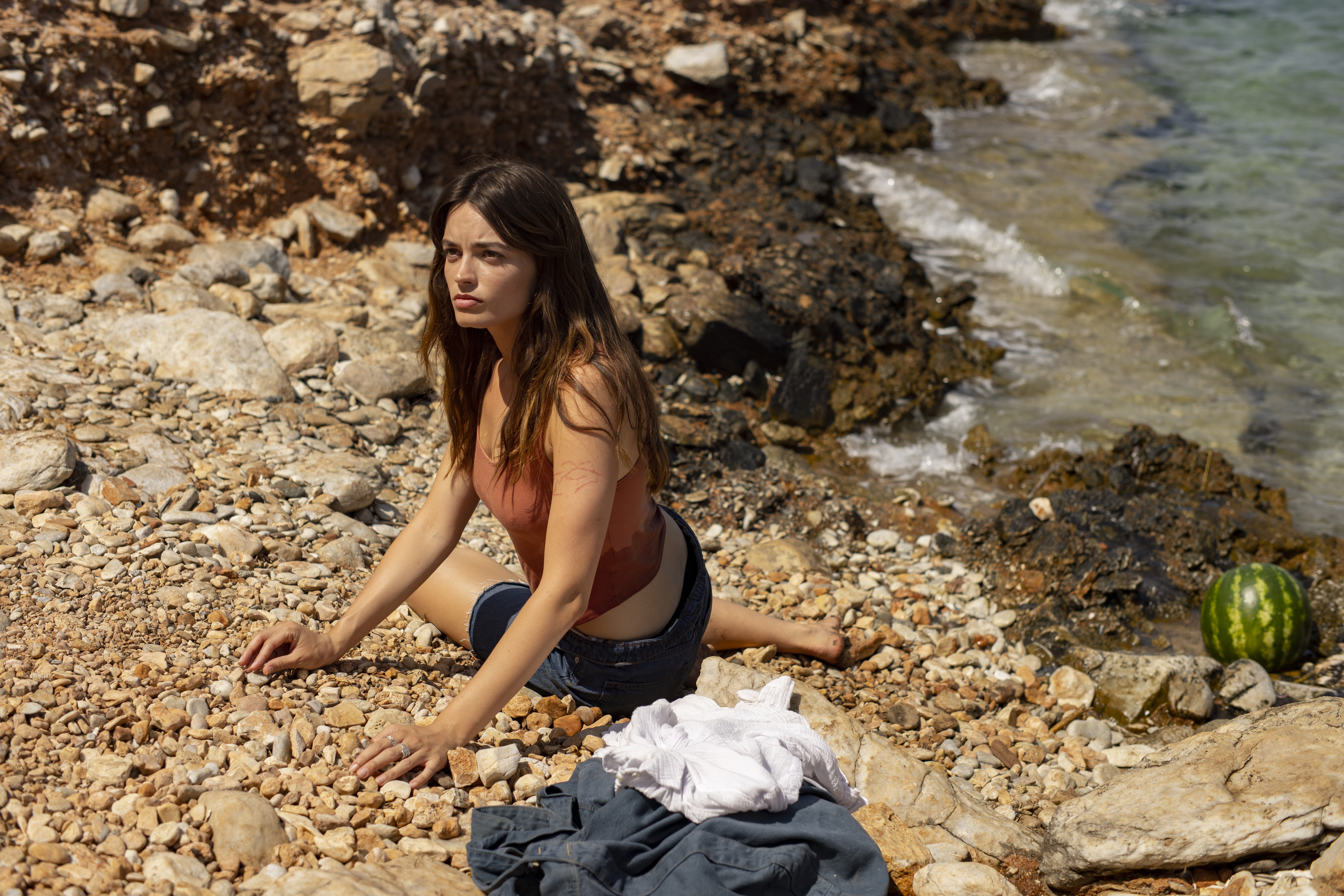
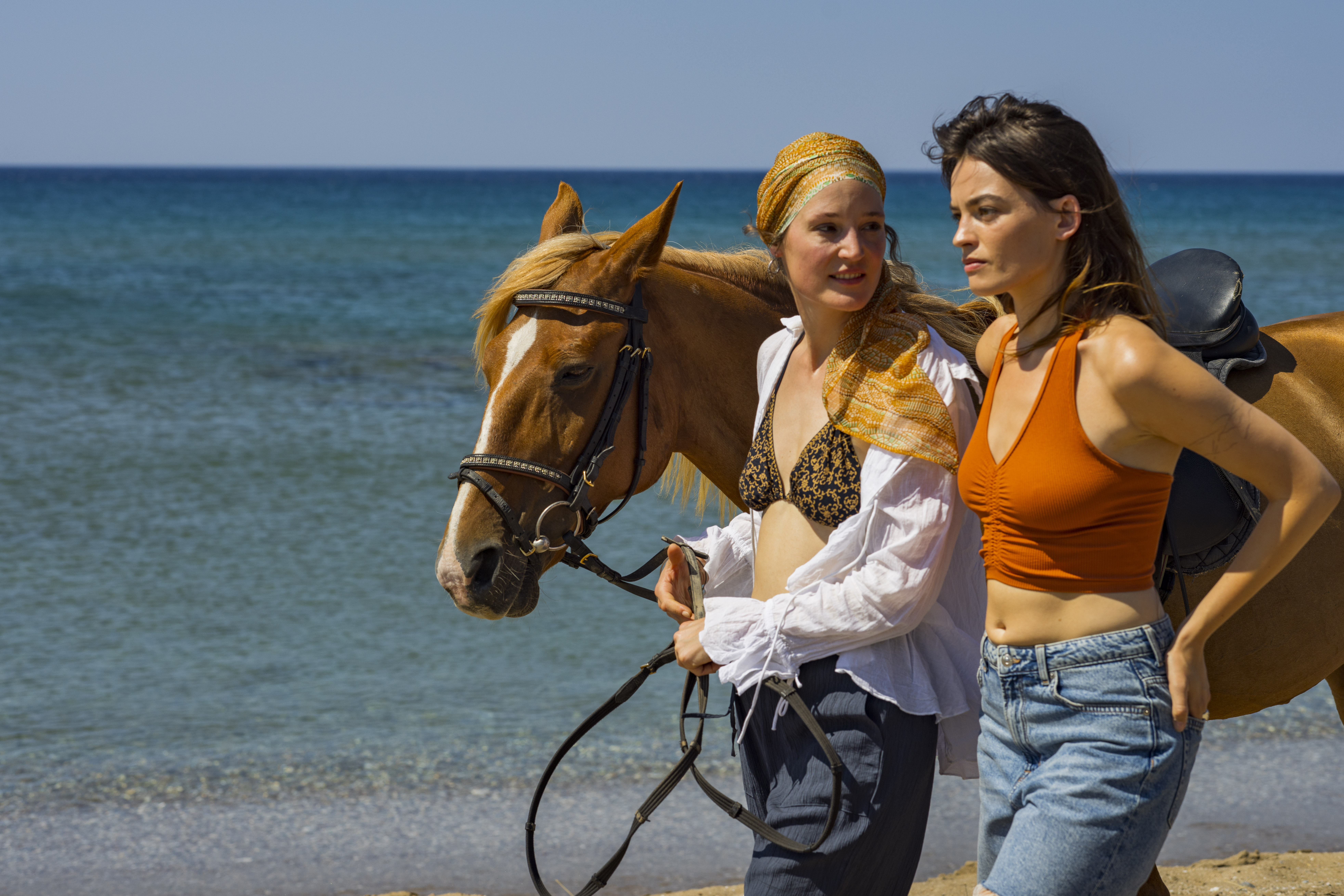
Receive our daily digest of inspiration, escapism and design stories from around the world direct to your inbox.
Katie Tobin is a culture writer and a PhD candidate in English at the University in Durham. She is also a former lecturer in English and Philosophy.